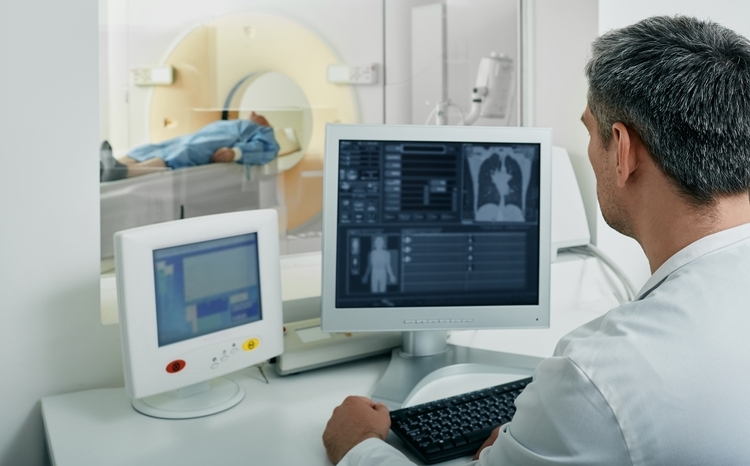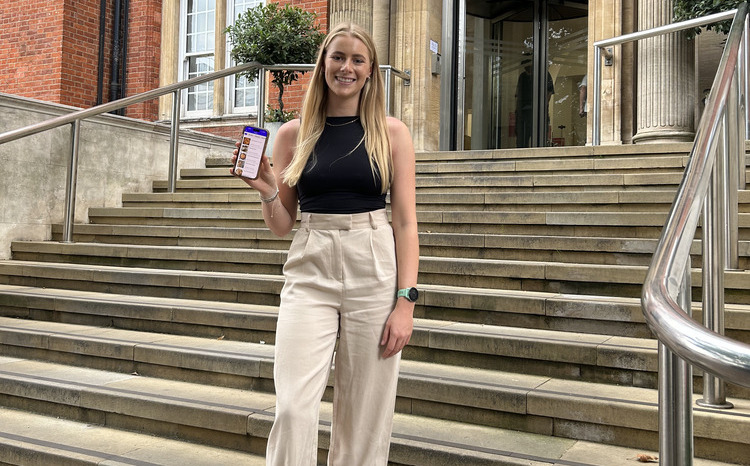Nuffield blames ‘weak’ HC rating on computer problems
- 13 October 2006
Nuffield Orthopaedic Hospital NHS Trust has blamed its relatively poor performance rating from the Healthcare Commission on the failures of a new computer system.
The Nuffield Orthopaedic Centre has been given a ‘good’ rating for the use of resources element and a ‘weak’ rating for the quality of services element of the Healthcare Commissions annual health check, weak is the lowest rating given by the HC.
The new annual health check replaces ‘star ratings’ as the main means of measuring a trust’s performance and looks at a much broader range of issues.
NOC which is one of just five specialist orthopaedic hospitals in the UK had been awarded the maximum three stars under the old performance rating system. Jan Fowler, acting chief executive of the NOC said she was “disappointed and surprised” that the Healthcare Commission has rated the NOC as ‘weak’ for quality of services.
The acting chief executive blamed the ‘weak’ rating on problems arising from the installation of a new computer system in December 2005. The specialist trust was the first in the South of England to receive patient administration software, Cerner Millennium, delivered by Fujitsu as part of the NHS IT programme.
Difficulties with the new software and data migrated led to postponed operations, and patients turning up for clinics with no records of their appointments, together with patients not being sent appointments.
In addition the trust was unable for several months to produce reports on its performance, or identify which patients needed to have appointments brought forward to be treated within national targets, such as two week cancer waits. This led in May to the trust reporting that it had breached national targets for treating priority patients within a set time.
“We believe we are providing a good quality service to our patients at this hospital but that the results have been impacted upon by the computer problems we had earlier this year following the installation of our new patient administration computer system; which unfortunately caused some patients to experience delays to their treatment,” said Fowler.
She added: "The hospital is now running on the new computer systems, but in the first few months of implementation we did experience significant teething problems. We were the first hospital in the southern region to take on this new software and even though we took what we thought were robust contingency measures in case there were problems, the difficulties took longer to resolve than anyone could have anticipated.
These problems included a ‘fail’ on meeting two week cancer waits, because the NOC “was unable to submit the necessary data during the implementation of the new computer systems”.
The acting chief executive of NOC said that the Healthcare Commission had been written to inform them of the computer problems “but our extenuating circumstances do not seem to have been taken into account".
Board chair, Joanna Foster said: “The scores indicate that the quality of service to patients at the NOC is better than ever, but we have had some access issues. These have been resolved since April, unfortunately too late for these latest ratings."
Sue Woolacott, chairperson of the NOC Network- a group of former patients and members of the public who work with the trust to improve services at the NOC said “I am deeply disappointed that the problems with the computer system have dented what would otherwise have been a very good rating from the Healthcare Commission."




